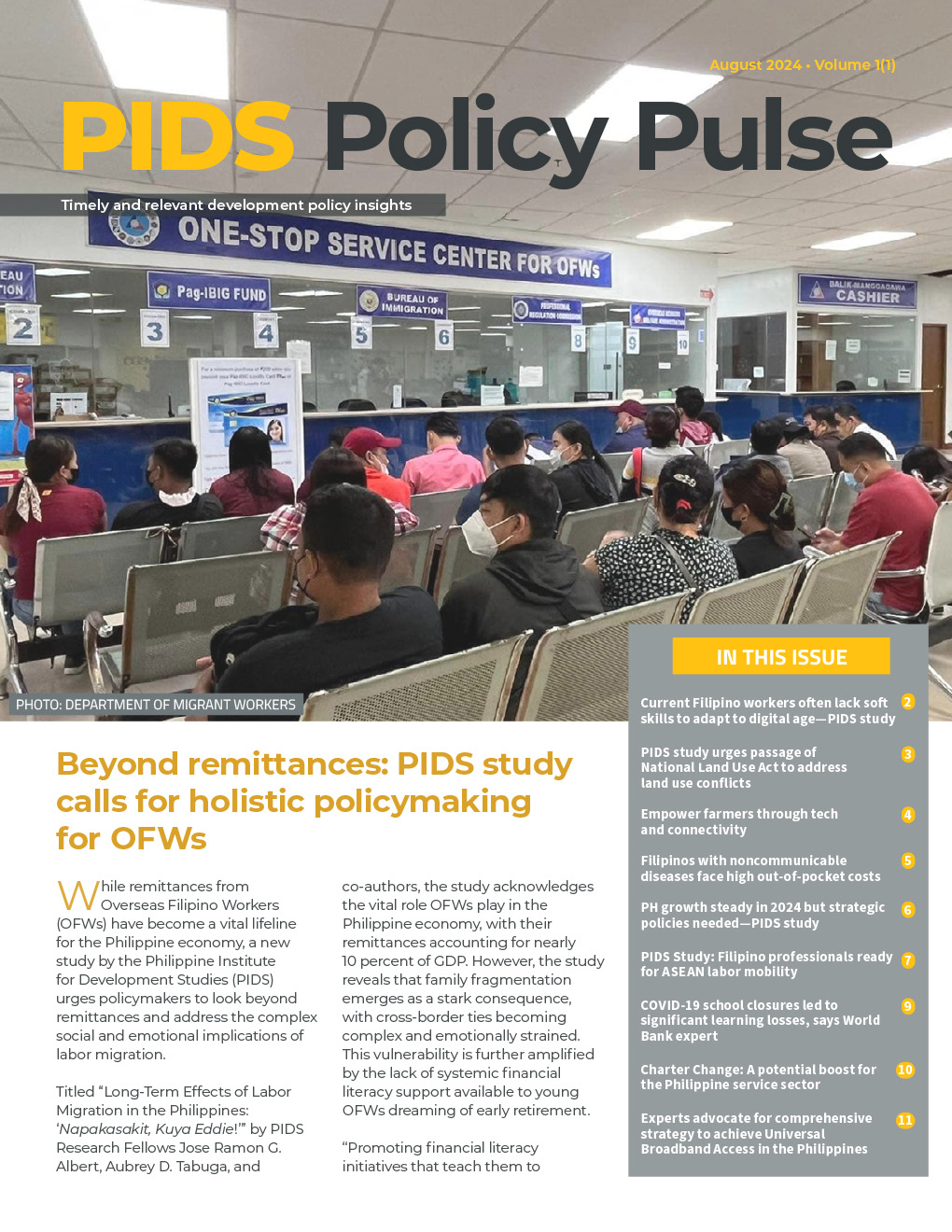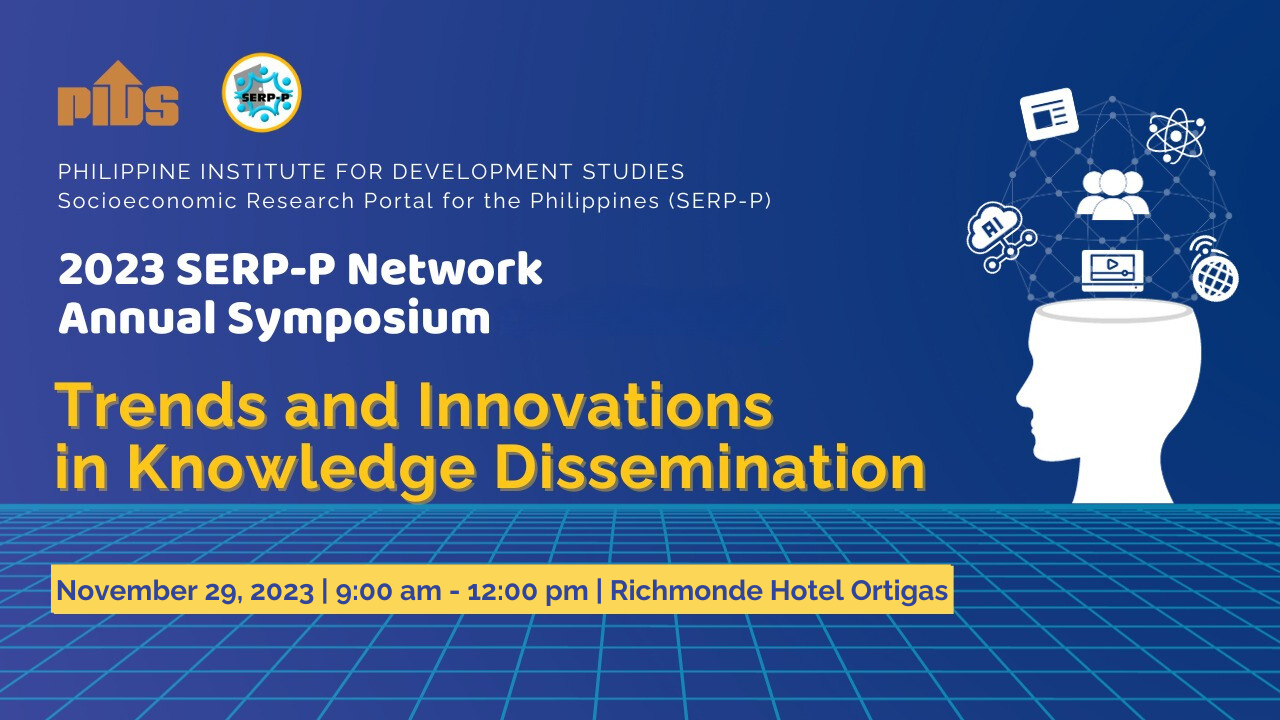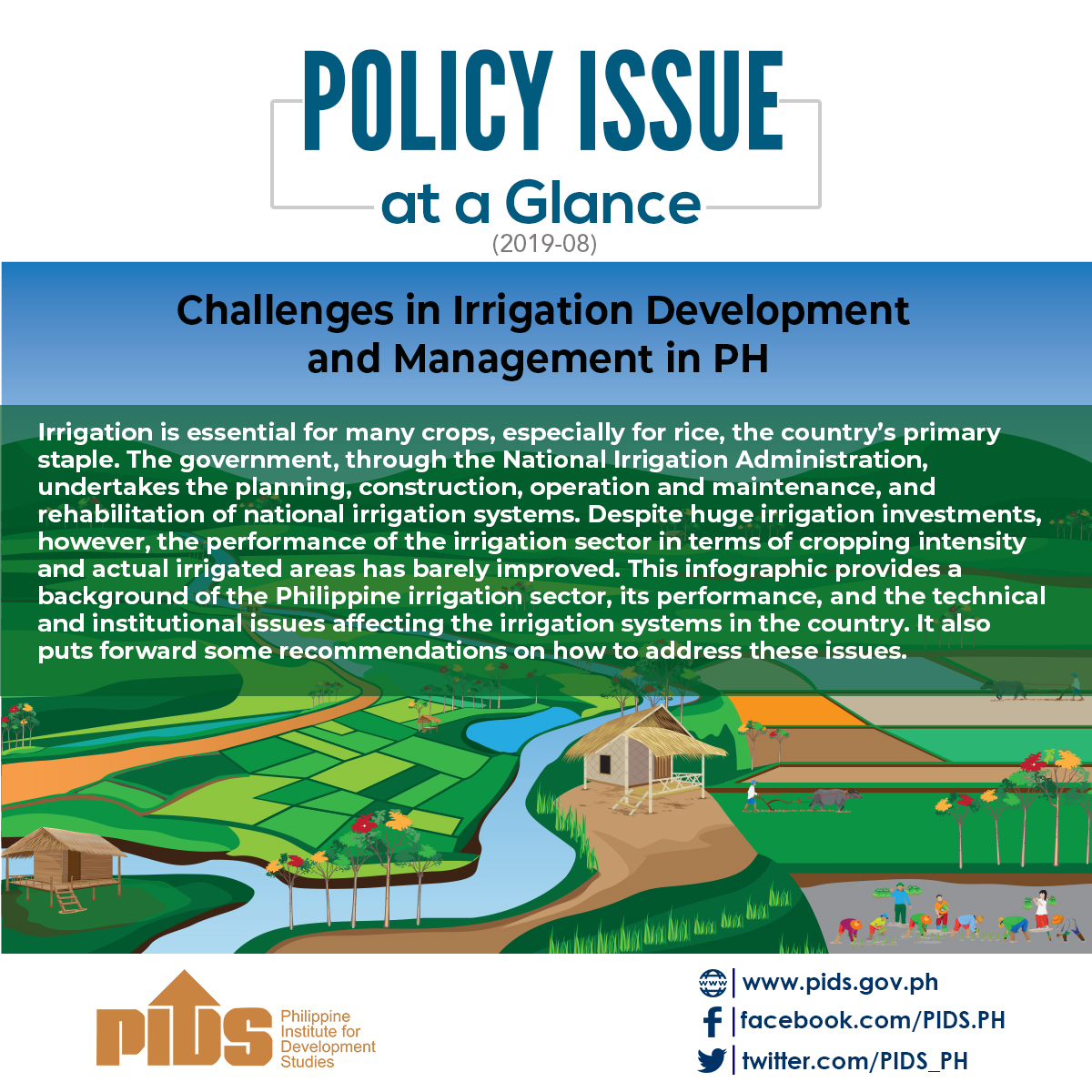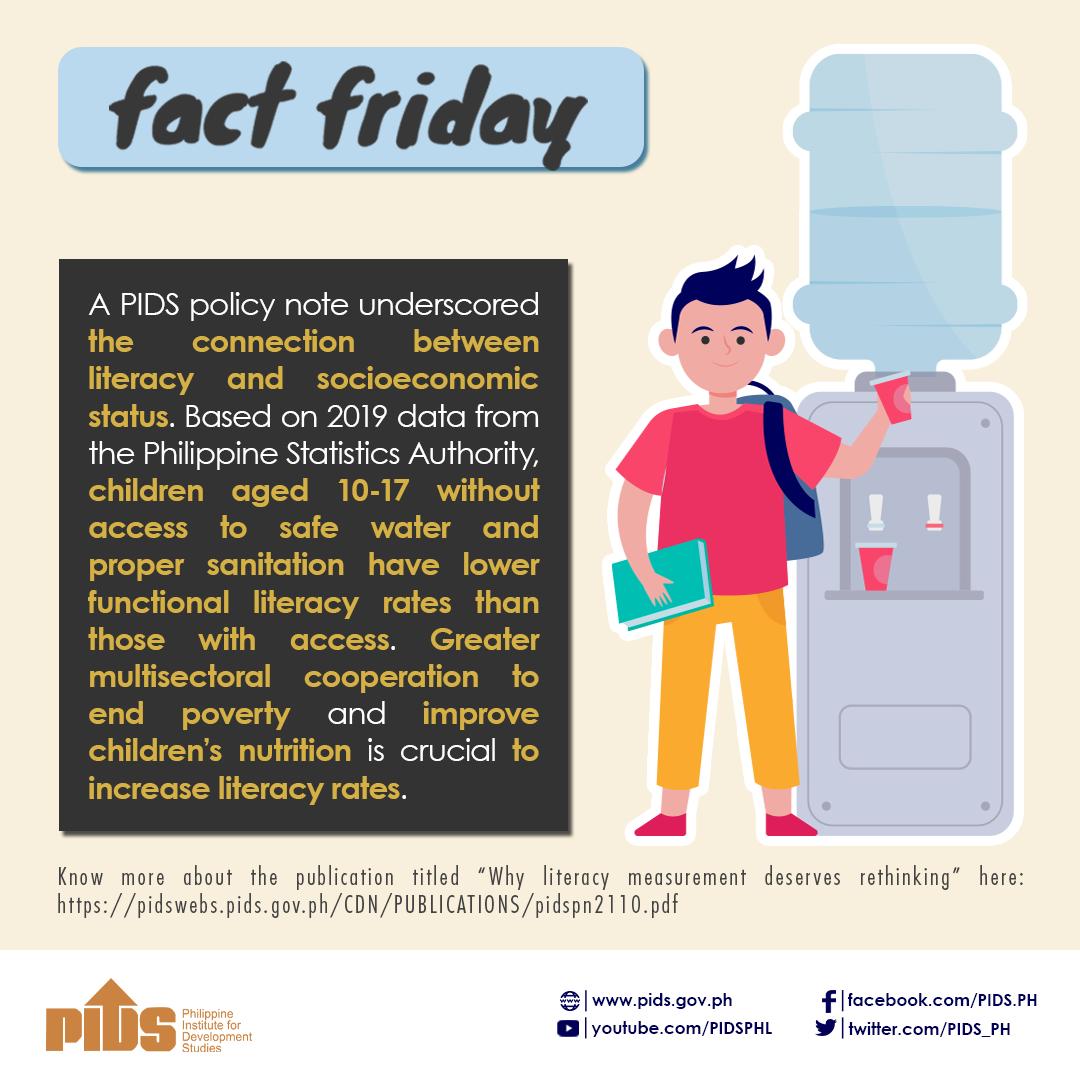To make research studies more accessible to the public, State think tank Philippine Institute for Development Studies (PIDS) revitalized the SocioEconomic Research Portal for the Philippines or SERP-P. This online knowledge bank contains completed, ongoing and pipeline research studies related to socioeconomic development and policymaking in the Philippines. It can be accessed through the PIDS website, www.pids.gov.ph, or through its URL, serp-p.pids.gov.ph.
According to PIDS President Josef Yap, the establishment of SERP-P is in line with the Institute`s mandates of providing a common link between the government and research institutions and establishing a repository for socioeconomic research information and other related activities.
Studies that may be found in the database include not only those conducted by PIDS but also researches by other government agencies and the academe. Data available in the database include the abstracts, authors, focus of study, geographical coverage, and where the studies can be accessed. The full text of most studies, especially those by PIDS, may also be downloaded directly from the SERP-P. Researchers may search the database using keywords, or by searching authors or institutions.
SERP-P now has a new look for easier navigation. A new feature called Spotlight was also added in the SERP-P website. Spotlight highlights critical issues that may be of interest to the public. Related studies conducted within the last five years found in SERP-P about these issues are highlighted in Spotlight. At present, the focus is on climate change.
In the future, the SERP-P will include an inventory of social science experts in the country. Experts will be grouped according to social science fields and subfields. Having this inventory of experts will encourage exchange of knowledge and promote research collaboration among social scientists in the country.
Since work on the SERP-P started in 2000 and since it was launched in 2002 during the Institute`s 25th founding anniversary, the portal has steadily grown. It now has more than 5,000 studies in various formats (working paper, journal article, discussion paper, etc.) contributed by its 48 network members composed of research and academic institutions from all over the Philippines. Work is underway to invite more institutions not only those within the country but also overseas to join the SERP-P network.
Last 20 November, representatives from 33 network members participated in SERP-P’s Third Network Members’ Meeting wherein PIDS presented the revitalized portal. The meeting, which was held at the PIDS headquarters in Makati City, was also an opportunity for the network members to discuss ways on how SERP-P could better serve their needs and how it can be more useful as a research tool. SERP-P will greatly benefit not only policymakers in crafting research and evidence-based policies but also researchers and students of the social sciences who are writing their theses and dissertations.
For more information about the SERP-P, visit the website at serp-p.pids.gov.ph. Or you may call PIDS at tel. no. 8924059 or email info@pids.gov.ph.
User-friendly knowledge gateway to socioeconomic studies enhanced on PIDS website












